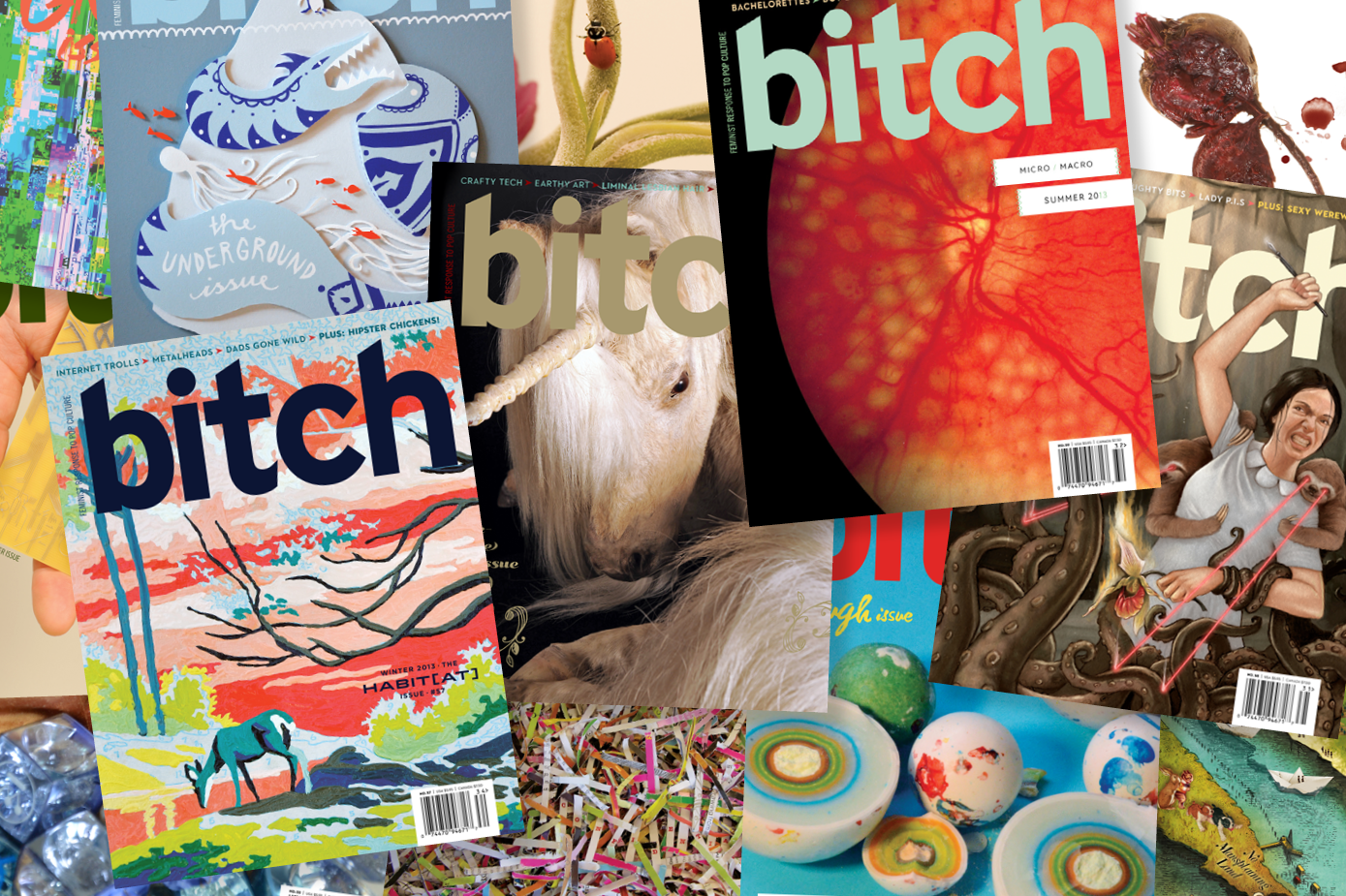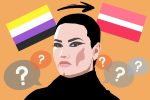The internet boasts an endless variety of feminist magazines, ranging from wildly popular to virtually unknown. Because feminism has never been more well-known than it is today, now is the perfect time to get acquainted with the best feminist magazines online.
These platforms are perfect not only for people who want to gain exposure to different perspectives but also for those who want to educate themselves on the various topics surrounding feminism. Furthermore, the chosen publications also successfully incorporate intersectional feminism, the theory that identities, such as race, class, sexual orientation and religion overlap and directly play a role in the experiences of women.
The internet has also experienced a surge in feminist voices, particularly following the 2016 presidential race and the election of Donald J. Trump. Feminist issues played a critical role in the race, especially following Trump’s brash remarks against women, particularly regarding his rival Hillary Clinton.
A notable example is when Trump called Clinton a “nasty woman” during a presidential debate, which was heavily criticized but eventually rebranded with an empowering meaning behind it. Today, “nasty woman” is not only a popular hashtag and choice for a social media bio but also a call for solidarity among groups striving for justice. The events of 2016 and previous years have successfully paved the way for feminism to become a mainstream issue and more people than ever before have begun to open their minds.
Here are the feminist magazines worth checking out:
1. Bitch Magazine – The purpose of Bitch is to act as a “feminist response to pop culture [and] to provide and encourage an engaged, thoughtful…response to mainstream media.” Founded by pop culture critic Andi Zeisler, Bitch Magazine has gradually become one of the best-known and acclaimed feminist publications. Starting in 1996, Bitch Magazine has successfully made the journey from underground zine to a well-known non-profit with an international audience. Bitch Magazine has also successfully implemented outreach efforts, with a community lending library at its Portland headquarters and an on-campus program for college students.
Bitch Magazine’s strength is its analysis of current events in popular culture and their connections to feminism. Recent articles covered events such as Meghan Markle’s historical engagement to Prince Harry, and the racial implications of her status as a biracial American woman marrying into the English royal family. Bitch Magazine also seeks to connect people to other feminist platforms, such as web series, books and TV shows, making the magazine a perfect stop for anyone wanting to get acquainted with anything involving feminism.
2. Wear Your Voice – An intersectional feminist magazine focusing especially on race and the LGBTQ community, Wear Your Voice was founded by Ravneet Vohra and Monica Cadena, two women who wanted to cover the issues mainstream media typically fails to focus on, highlighting the everyday struggles of people of color and LGBTQ people. Wear Your Voice also analyzes pop culture phenomena from unique perspectives, while highlighting the lack of non-white representation in media spaces, such as the recent Golden Globe Awards. Wear Your Voice’s inclusion not only provides necessary voices for marginalized communities, but also promotes initiatives to further uplift creatives of under-represented communities.
The defining aspect of Wear Your Voice is its commitment to supporting “black and brown voices,” displayed prominently on its front page. The magazine features an online merchandise shop, featuring t-shirts and tank tops boasting slogans such as “femme uprising” and “worthy.” All profits from the online shop go towards supporting people of color in creative industries.
3. Bust – A news and lifestyle magazine from a solely feminist perspective, Bust was founded in 1993 by Debbie Stoller, Laurie Henzel and Marcelle Karp. Bust’s slogan boasts a similar message to that of Bitch Magazine, as it proudly proclaims the magazine as a space “for women with something to get off their chest.” The three women founded the magazine with intention to create a publication that would act as the feminist voice of their generation, and double as an alternative to mainstream magazines such as Vogue and Glamour.
Similar to Wear Your Voice, Bust provides cultural commentary and criticism, with intersectional perspectives on not only current issues arising in pop culture, but also long-standing issues. Bust has tackled issues from the sexual assault epidemic against disabled people to the reason why men won’t recycle (because they think it’s too girly?). Bust, published six times per year, succeeds in connecting with its audience because it isn’t afraid to dive into critical issues, while also maintaining light-hearted humor.
4. The Siren – Though The Siren is a college magazine based out of the University of Oregon – and the only college publication on the list – it is nevertheless on the forefront of critical feminist issues. The purpose of The Siren is not only to focus on improving the educational and work environment affecting women at the University of Oregon, but also to provide an intersectional lens on current events and hot topics in pop culture. The magazine has successfully shed light on college rape cases, especially that of Brock Turner and its wide-ranging implications.
The Siren stands out in part because the magazine focuses exclusively on the voices of millennials, the current generation of college students. What The Siren has accomplished is spinning millennial tendencies, such as obsession with selfies, and arguing that they can be used as a means of empowerment. According to the magazine, selfies are powerful because they act as a means by which people can control how to present themselves to the world and bring attention to people outside mainstream beauty ideals.
Feminist magazines are important because they provide an alternative and critical perspective on issues ignored by mainstream media. Popular magazines tend to provide a broad, and often shallow, view on issues in pop culture. However, feminist magazines, often underground and fringe publications, serve to amplify the voices of those ignored by mainstream media and shed light on issues that wouldn’t cross the minds of most people.

















